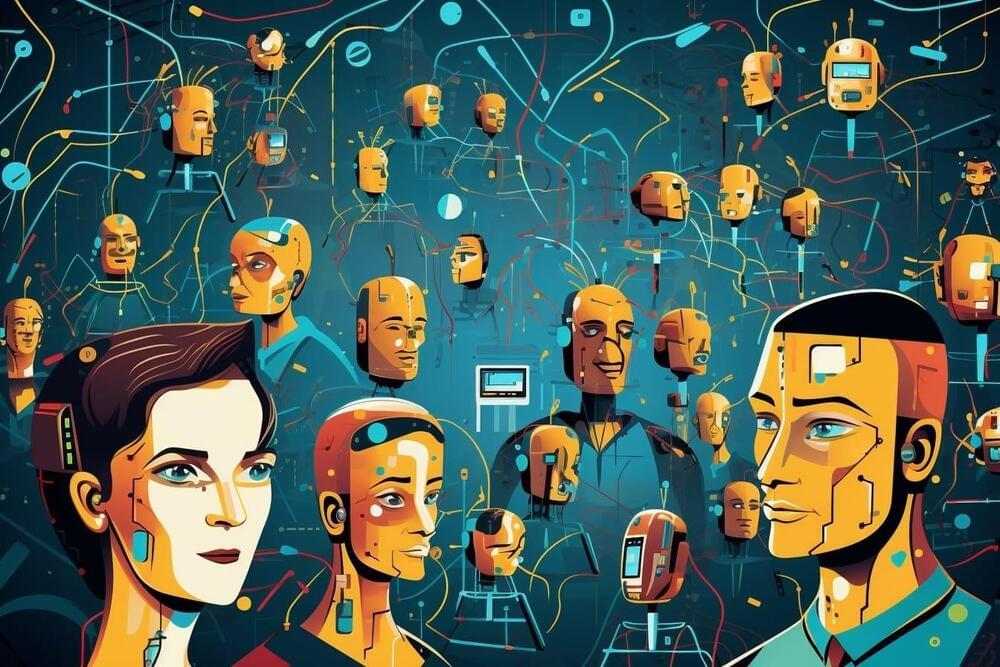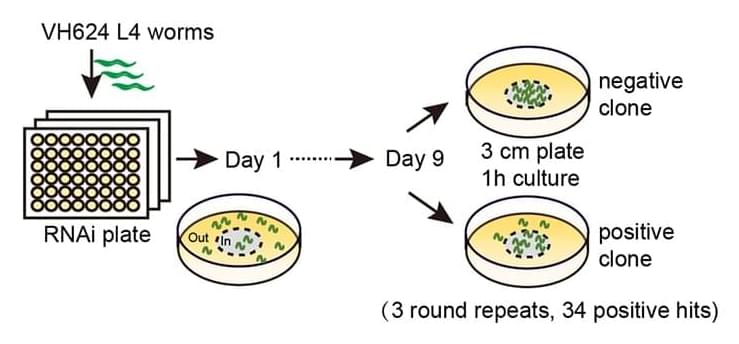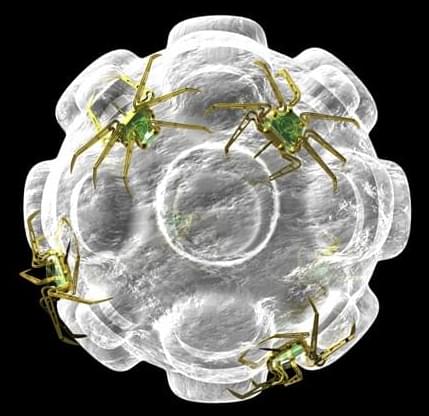Patreon: https://www.patreon.com/seanmcarroll.
Blog post with audio player, show notes, and transcript: https://www.preposterousuniverse.com/podcast/2022/06/06/200-…ultiverse/
The 200th episode of Mindscape! Thanks to everyone for sticking around for this long. To celebrate, a solo episode discussing a set of issues naturally arising at the intersection of philosophy and physics: how to think about probabilities and expectations in a multiverse. Here I am more about explaining the issues than offering correct answers, although I try to do a bit of that as well.
Mindscape Podcast playlist: https://www.youtube.com/playlist?list=PLrxfgDEc2NxY_fRExpDXr87tzRbPCaA5x.
Sean Carroll channel: https://www.youtube.com/c/seancarroll.
#podcast #ideas #science #philosophy #culture







